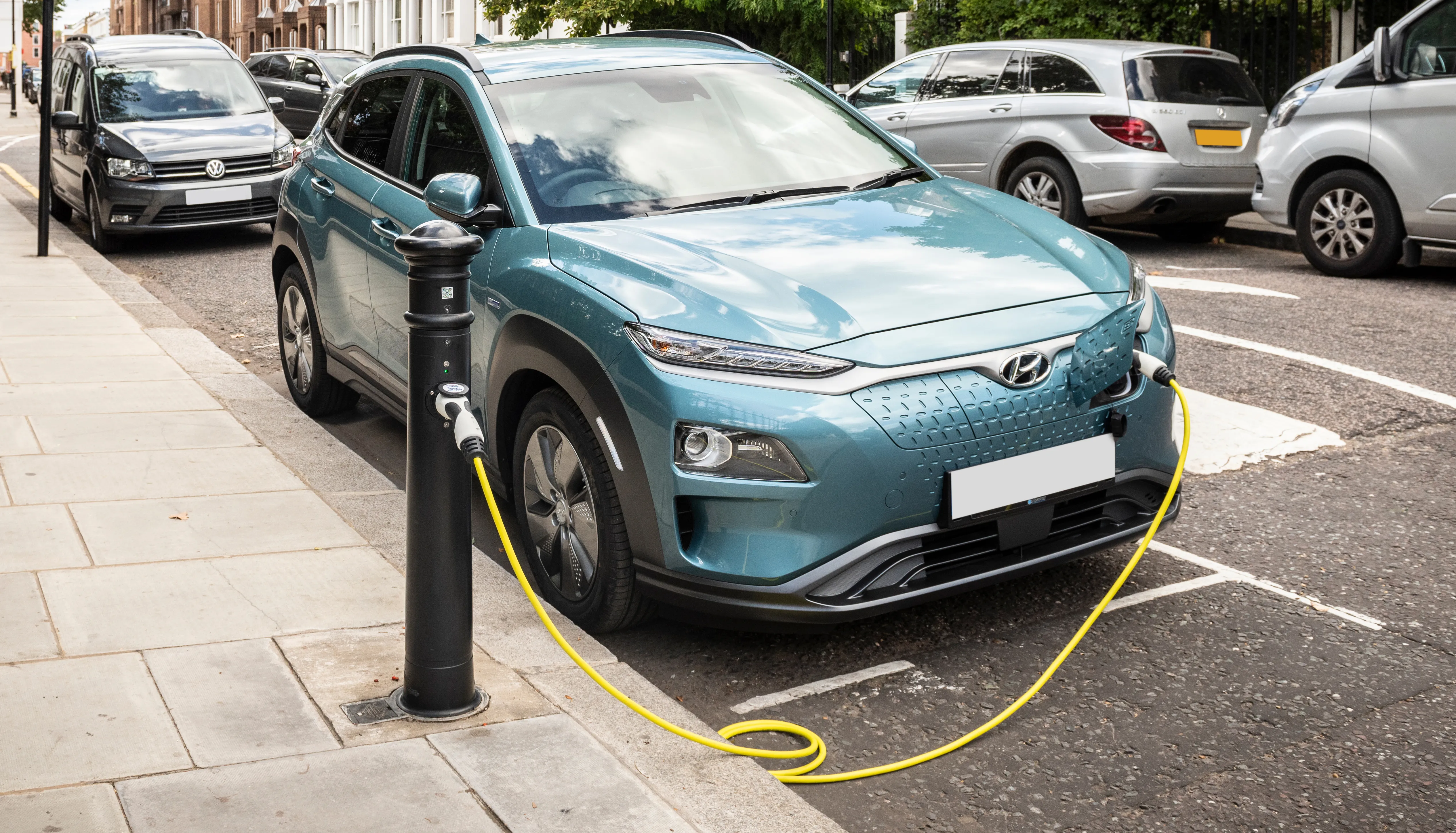Electric vehicle charging company POD Point has become an approved supplier of home electric vehicle (EV) charging solutions for Nissan GB, the manufacturer of the Leaf electric car, which has sold over 12,000 in the UK.
POD Point’s new status as an approved home charging unit supplier means that anyone purchasing a Nissan plug-in vehicle will be able to easily access a charge point for their home.
The POD Point Solo is a reliable home charge unit which can be installed within ten working days. POD Po
May 19, 2016
Read time: 2 mins
Electric vehicle charging company 6509 POD Point has become an approved supplier of home electric vehicle (EV) charging solutions for 838 Nissan GB, the manufacturer of the Leaf electric car, which has sold over 12,000 in the UK.
POD Point’s new status as an approved home charging unit supplier means that anyone purchasing a Nissan plug-in vehicle will be able to easily access a charge point for their home.
The POD Point Solo is a reliable home charge unit which can be installed within ten working days. POD Point says EV users typically do 60 per cent of their charging at home and tend to charge at night when electricity is cheaper and allows them to return to their car with a full battery.
POD Point, which says EV drivers do around 30 per cent of their charging at the workplace, is now also able to help Nissan owners get charging points installed at their place of work and demonstrate the benefits electric vehicles can bring to their organisation
POD Point also partners with Carbon Footprint to offset the first 5,000 miles of electricity for each home charge POD Point installed, giving drivers time to consider switching to a greener energy tariff.
POD Point’s new status as an approved home charging unit supplier means that anyone purchasing a Nissan plug-in vehicle will be able to easily access a charge point for their home.
The POD Point Solo is a reliable home charge unit which can be installed within ten working days. POD Point says EV users typically do 60 per cent of their charging at home and tend to charge at night when electricity is cheaper and allows them to return to their car with a full battery.
POD Point, which says EV drivers do around 30 per cent of their charging at the workplace, is now also able to help Nissan owners get charging points installed at their place of work and demonstrate the benefits electric vehicles can bring to their organisation
POD Point also partners with Carbon Footprint to offset the first 5,000 miles of electricity for each home charge POD Point installed, giving drivers time to consider switching to a greener energy tariff.








